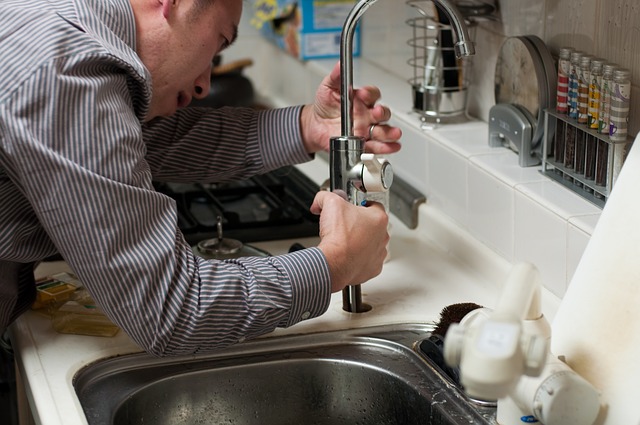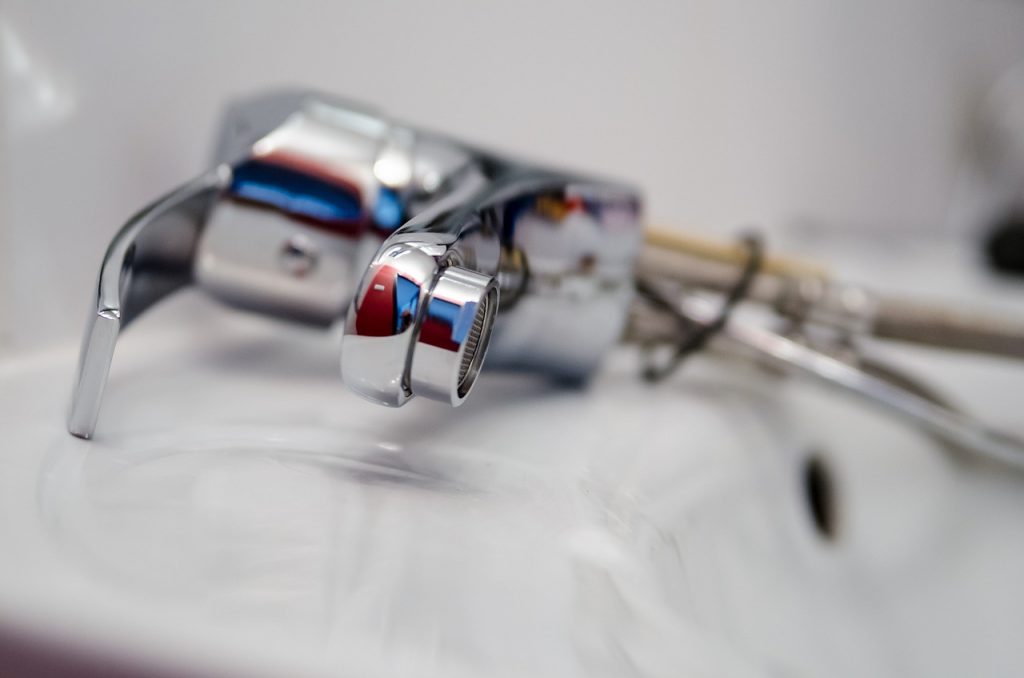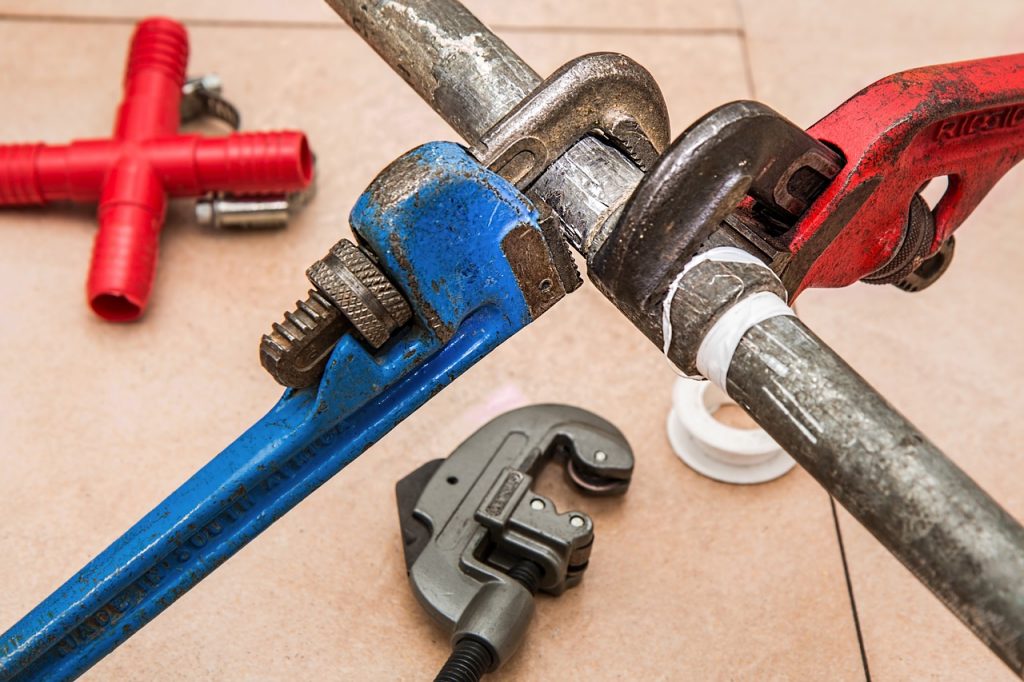How do I start a plumbing business?

Starting a plumbing business is probably easier than finding a slab leak and much more rewarding. You get to make your own decisions, decide what kind of jobs to do and you get to delegate who cleans out the clogged pipes! It’s a dirty job but someone else can do it!
However, when you’re the boss you are now responsible for every aspect of the business. Failure depends on how well you’re able to plan ahead, your understanding of finances and laws, ability to market yourself and your skills and experiences.
Skills and Experience
Most states require plumbing business owners to have a business license as well as a contractor’s license. Both are often required to pull job permits. Not all plumbing jobs require permits but some states still require proof that a person understands their trade and is qualified to do the work.
To get a plumbing license you need to:
- Get a high school diploma or GED
- Take plumbing courses
- Find an apprenticeship program
- Pass the exam & apply for a license
Explore the Trades has more information on plumbing license information by state.
Plumbing isn’t just working with your hands. It also requires math skills. Why math? Math is required to read blue prints, building plans and diagrams. Plumbers will also need to understand 45-degree formulas and complex measuring conversions. Without these skills, you will not be able to estimate jobs, find advanced measurements when dealing with water pressure, find the measurement between two pipes and other mathematical issues when it comes to laying out a job.
Pick a speciality
When you first open a business, your budget and your resources may be stretched thin. By offering a lot of services you will need special equipment or more tools for each service. Also you will need the man power to assist you. It may be smarter to start small and expand as your business grows.

It’s also important to research other nearby plumbing companies and see if there’s an area of expertise that’s needed. If you’re not competing with too many other companies for the same services, it will help get your business off to a great start.
Another thing to consider is what kind of plumbing work are you better suited to? What part of the business do you enjoy the most?
What are some different plumbing services you can specialize in?
- New Builds either Residential or Commercial
- Water Heater Specialists
- Drain Cleaning & Sewer Line
- Small repairs and installations
- Large scale renovations
- Gas Services
Create a Business Plan
Business plans are a road map to success. Your map will have projections of where you want to go and how you’re going to reach the end of your destination. However, along the way there may be wrong turns, unexpected pit stops, or the realization that where you were going isn’t where you really wanted to be. Be prepared to make adjustments to your plan and know that it’s acceptable to do so.
You may be surprised how few business owners utilize their business plans but there’s one thing they will all agree on; business plans helped define their mission and gain financial backing that was key to their success.
A typical business plan sets goals to achieve over a 5 or 10 year period. The objective isn’t to describe day to day operations but give you a sense of direction as to where you want your business to be years from now and how you plan to get there.
When creating a plan ask yourself the following questions:
- Why do I want to open a business?
- What is going to set me apart from the competition?
- What makes my mission competitive to what other plumbing companies are doing?
- How much profits will I make in the first year?
- What will I do if I lose money?
The next step is take all of these answers and write them into a business plan that will make sense to investors or at the very least get you started in the right direction for your business. If you need help creating one, places like Bplans can help you get started.
Get an attorney
Hiring an attorney will put your mind at ease as they guide you threw all of the legal pitfalls of opening and operating a business. There’s so much to consider that you may not have thought of and a lawyer can help protect you and your business from encountering any legal repercussions.
Here is a list of some of the things a plumber should discuss with a lawyer:
Tax ID or EIN
Think of a Tax ID as a social security number for your business. It provides an identifying number without the need of using your personal social security number. It is almost certain that if your state requires plumbers to pull permits that it will also require EINs or Tax IDs. There are other reasons for acquiring one. There are times when you will need to provide an identifying number on tax forms for employees or subcontractors and its best to use the business EIN over your own.
Insurance and Liability
The plumbing profession comes with on-the-job risks and its important to make sure that you have the coverage you need. If you have employees this need becomes essential. An insurance lawyer will be able to guide you toward the right policy for your company.
Also, if anything should go wrong with a job, you want to make sure it’s the business they will come after and not your personal assets.
Talk about LLCs
Another way to insure that your personal assets are protected is to register the business as a legal entity. Some states may require you to do this if you’re operating under a contractor’s license.
Drafting Forms
Another big part of starting your plumbing business will be composing plumbing invoice forms and contractor proposal forms. These forms will need to have legal text that will inform the client of what is expected and minimize the risk of any legal issues. You will need a lawyer to help you compose the right terms of agreement that is specific to your business. There are forms that provide ready-to-use legal information but it is wise to have a lawyer’s advice before proceeding.
Become a money expert
You can become a money expert by taking business courses or consulting an accountant or both. Business courses will help you familiarize yourself with opening a business bank account, learning accounting, how to file business taxes and even help you price your jobs. Learning the basics will also help you understand what you need from your accountants as well as what they need from you.
Understanding finances will help you plan for expenses like vehicle maintenance, purchasing tools and supplies when needed. You will also need to decide how much you can pay yourself and any employees you hire.
Plumbing jobs are priced either per hour or as a flat rate. The best choice would be to check your competition and price your jobs accordingly. If you price too law you risk losing money but pricing too high will leave you without returning customers.
Purchase what you need

When you’ve got your finances figured out and you know what you’re going to specialize in, think about what kind of things you will need to purchase. How much money do you have available and what is the most important?
Purchasing a van and all of the necessary tools is going to be your #1 priority. Without the proper tools or a way to get around town your business will not leave your neighborhood.
Speaking of location, where will you work? Does your neighborhood allow you to work from home? If you’re a one-man-band and you’re not going to be storing water heaters or other heavy equipment you may be able to avoid paying for office space.
The next thing on your purchase list should be plumbing invoice forms. In todays world you can’t conduct business on a handshake. You will need invoices, service agreements and estimate forms.
Another thing you may want to consider is a plumbing business card. Business cards will remind your clients who they called and if they like your services well enough they may pass it onto friends, family and neighbors! These calling cards are still very much a part of our world even with the invention of social media sharing.
Establish a presence
Once you have a business name, logo and have found your niche it is time to establish your online presence. In todays online world, companies depend on social media to spread the word and customers depend on the opinions of their peers to tell them where to find the best services.
The first thing you will want to do is build a website. There are many options for doing so in fact your new bank account for your business may even offer easy start up websites that are plug and go.
The next step will be getting profiles on Yelp, Google, HomeAdvisor and Angie’s List. These websites will drive clients to your business and give them a chance to rate your services. Businesses with the most ratings tend to do better. While you’re setting up your social media accounts, don’t forget about Facebook or Linkedin. These sites are great for networking and announcing your services.
Categorised in: Printer's Advice
This post was written by Progressive Printing Team




